Ian Jindal Q&A: “Customers see mobile as the remote control for the brands they trust”
Those of us who like attending retail and digital-related conferences certainly never have any shortage of potential events to attend.
My own excursions are limited a touch (probably no bad thing) by not being very close to London, but just this year I’ve attended the vast Digital 2015 in Newport, the always excellent Thinking Digital here in Gateshead, The Retail Institute’s Retail Innovation Symposium in Leeds, and The Retail Bulletin’s Omni-Channel Summit (at which, ironically, I was about the only person sharing live updates on social media).
Though the scale and focus of these events varies, what they all offer is a chance to step away from the office, meet interesting people, and be exposed to new ideas and developments.
With a bit of luck, my next outing will be to this year’s Internet Retailing Conference on 14 October, at which executives from M&S, Shop Direct and Boohoo.com are among the keynote speakers.
In the meantime, I caught up with Ian Jindal, the editor-in-chief and co-founder of Internet Retailing’s magazine and conferences, to get his thoughts on the latest issues surrounding multichannel retailing, including looking back at the last two decades and predicting the next developments in ecommerce.
Ian, through your consultancy work and your various retail roles – including as Group Ecommerce Director at Littlewoods Shop Direct in the mid-2000s – you’ve been involved in ecommerce and multichannel transformation for the best part of two decades.
What are the major changes and trends that you’ve seen over that time?
To give you an overview, the first decade of ecommerce was the time of learning, experimenting and being able to fail, while still having the sympathy of the early adopters.
Next was the decade which has been that of the ‘working web’, and the journey into the multichannel-dominated industry we see today.
Looking back over the industry as a whole, the revolution of omnichannel retail is the definitive trend as it has forever changed the way consumers shop and retailers sell.
As consumer shopping habits developed a more digital focus, retailers had to re-evaluate the way they did business. The rise of digital also made way for other industry developments such as m-commerce, which is now a key part of any successful retailer’s fundamentals.
Today, customers see mobile as the remote control for the brands they trust. They expect to use their smartphones and tablet computers to manage information and check stock, whether they’re in a store, on the move or at home. Retailers have responded to this trend and are designing their business for mobile first and using responsive design to ensure ecommerce websites can be seen and used via touchscreen mobile devices as a priority.
So, what have been the absolutely game-changing events over the past decade?
Hmmm, that’s a difficult one. I would have to say the introduction of delivery.
As consumer demands and expectations increased, so did the amount of services retailers had to provide. As a result, shoppers are now used to ordering anyhow, anywhere, at any time, and are keen to take delivery at the precise moment that suits them. To meet expectations, retailers are going out of their way to bring orders to where customers are and at times in the day that work for them.
Now shoppers are accustomed to the idea of fast and convenient delivery; their expectations continue to stretch still further. Same-day delivery is now a reality for a number of retailers. Traders such as Argos can fulfil orders from their stores. Via the Shutl service it can deliver orders to nearby homes in as little as 15 minutes, or use its hub and bespoke logistics to get a product into the right store for same-day collection. On top of this, pureplays such as Amazon and AO.com are able to offer delivery within just a few hours!
In your opinion, which players have made the biggest transformations and evolved despite market challenges?
It’s difficult to pick as there are a few retailers which spring to mind, but House of Fraser definitely stands out as one of the game-changers. By watching the way its customers shopped on its website and learning how the amount of traffic from mobile devices such as smartphones and tablet computers overtook desktop traffic, it introduced a mobile-first website. Differentiating itself through its proposition and service, but at the same time not doing something for the sake of being different, is why House of Fraser is such a success.
Marks & Spencer is another retailer that has overcome market challenges to become a recognised and trusted brand. Realising that multichannel shopping represented the future of retail, they placed this at the heart of their digital transformation. To ensure that it was in tune with its customers’ needs and fully integrated with the rest of its business, Marks & Spencer took the decision to take control of its technology by rebuilding its own platform. By transforming through the creation of a new flagship digital experience, built around the evolving customer, it is now well set up to adapt and change quickly and efficiently for future requirements.
What these two have in common is that they have focused on their fundamentals and brought them into the 21st century in order to create a more seamless customer experience.
Looking forward, what do you predict is to come for the next decade in retail?
I see the next decade of retail as a time of full integration, with digital leadership transforming the organisation – but also a time of customer expectation and intolerance for anything less than excellence. The three key fundamentals of multichannel retail – the customer, the product and the order – will remain the defining elements for retailers for the foreseeable future.
The retail sector will continue to develop significantly over the next ten years – probably more so than in the past decade – making it an even tougher place in which to operate. But by analysing the past, retailers will have the knowledge to create the next exciting chapter of multichannel retail.
For more about the upcoming Internet Retailing Conference visit internetretailingconference.com.

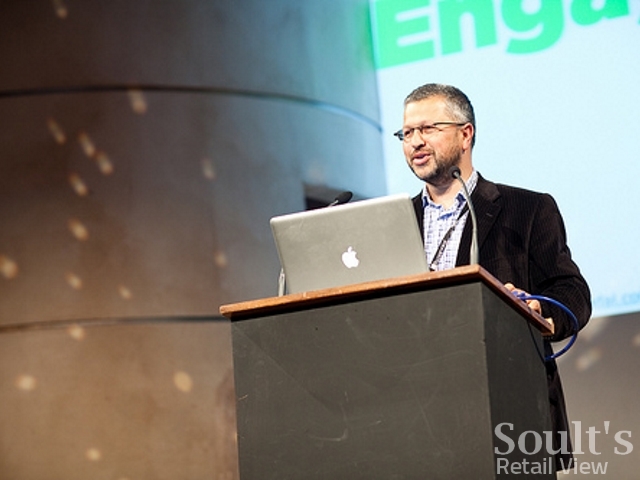
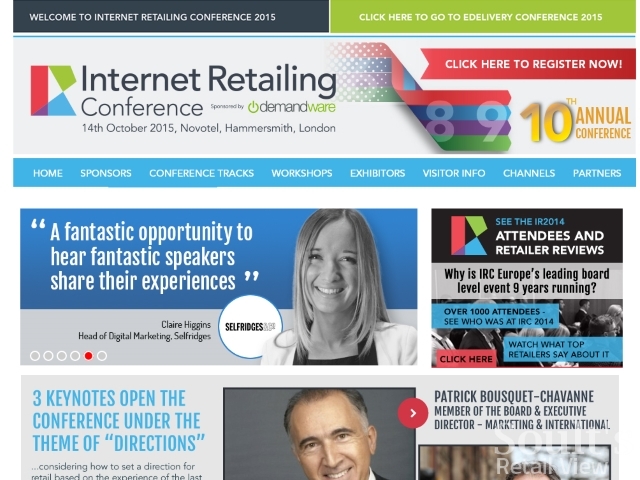
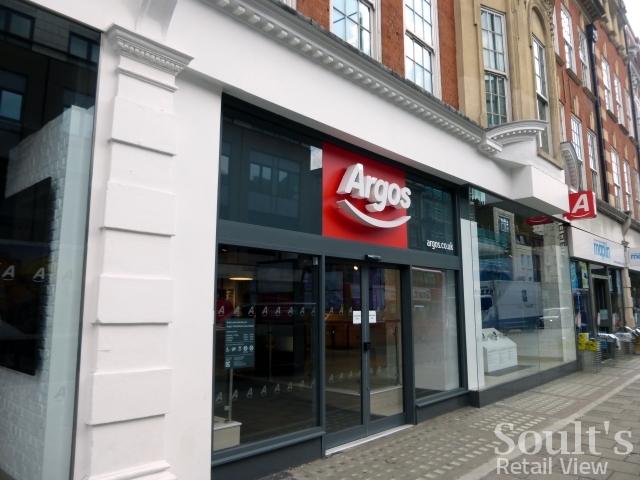
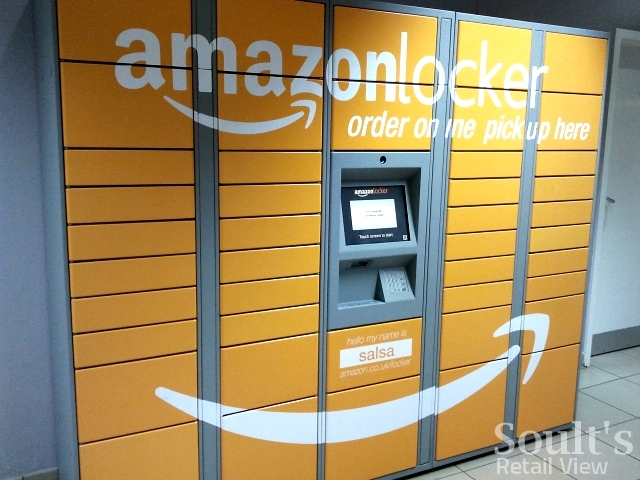
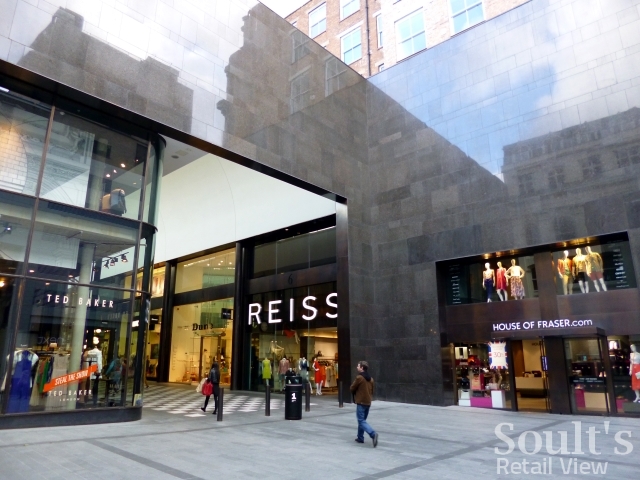

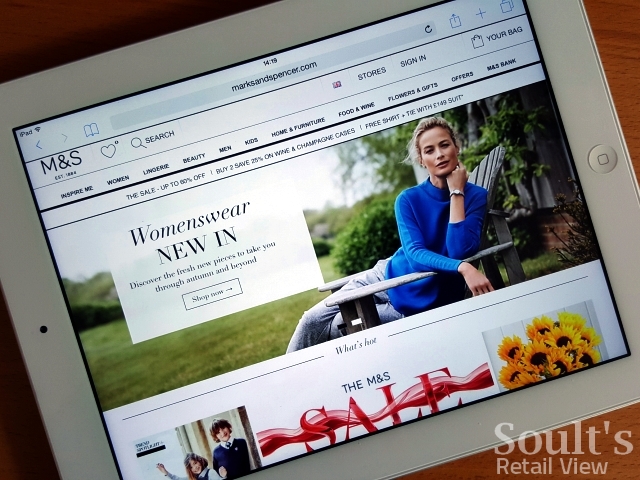
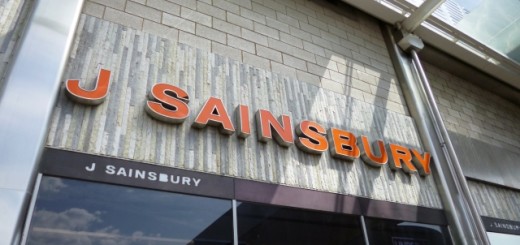
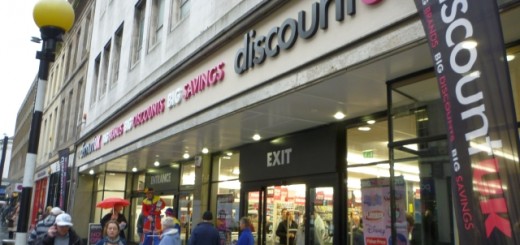

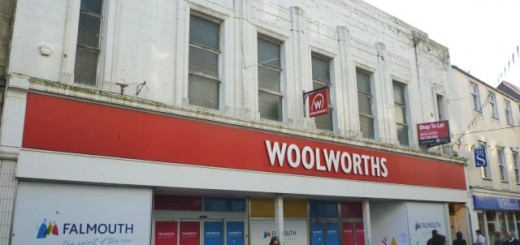


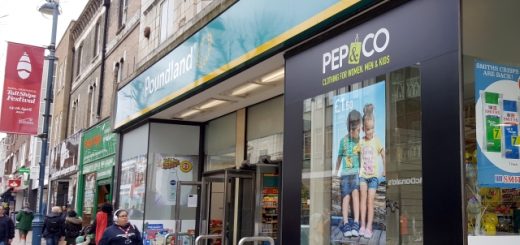
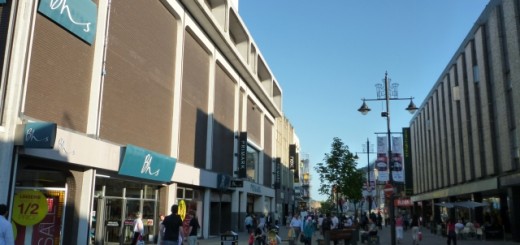

I would have asked him when he was going to learn to simple English. This way you can answer a question without actual saying anything. Politicians have always done that.
Fair point, Ajaz! As someone who celebrates plain English, I was conscious that some of the answers *were* just a tad wordy ;)